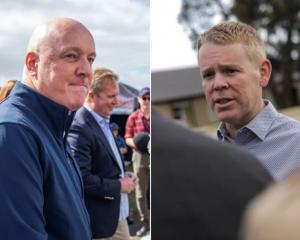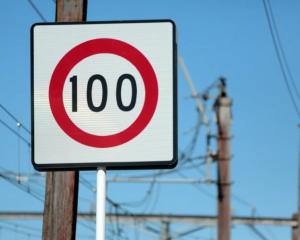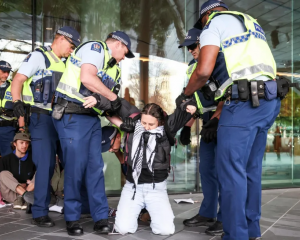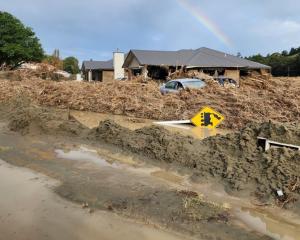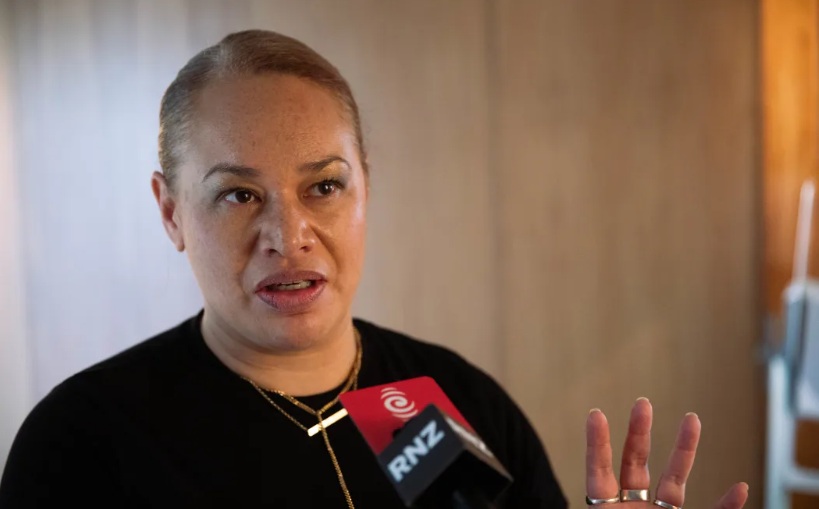
She spoke at the council chambers on Wednesday morning.
She said members around the council table had fed "defamatory" rumours to the media, and some media were reporting that as fact.
Lobby groups harassed councillors, and previous mayors and councillors criticised the council for high rates when it was their decisions that led to under-investment in the first place, she said.
And Whanau said the government claimed to be about localism, but "dictated councils go back to basics while punching down on the rest of the country".
"Thank you, because without those challenges perhaps this council would not have delivered the most progressive and action oriented plans it has ever seen."
She said she had concluded the term with greater mana and resilience than ever before.
She said she was proud of the work done under her leadership, including the council's investment in water infrastructure, increased cycle and priority bus lanes, tree planting, a boost to funding city safety and tackling homelessness, and funding the City Mission to open New Zealand's first wet house.
The council was also on track to complete the Moa Point waste minimisation plant and to reopen the Civic Square precinct, she said.
One of her main policy priorities was starting the Golden Mile upgrade which began construction earlier this year, though its future remains uncertain with contracts for the majority of the work set to be signed next month after local body elections.
In April, she announced she would not run again for the mayoral chains, after former Labour Party leader Andrew Little threw his hat into the ring.
Whanau is running for election in the council's Māori Ward.
Whanau had also previously been open about how she considered quitting the mayoralty after facing scrutiny for her political and personal challenges.
Earlier this year she told RNZ's Saturday Morning programme that politics had become a lot more toxic.
"Being the progressive change mayor - that does bring a lot of negativity."
Being wāhine Māori had also posed extra difficulties, she said, citing the treatment of other Māori politicians.
There were double standards, and the negativity had also moved on to the rainbow community, she said.
"Politics at the moment has become quite an ugly place and I'm just an example of part of that."
She said politics could be lonely and isolating.
"It's absolutely crucial" to have discussions about the online criticism directed at women and gay politicians, she said.
Meanwhile, earlier this year Whanau rejected as false and malicious an email sent by councillor Ray Chung containing third-hand rumours about her.
In 2023 she admitted to having a drinking problem, but called out reporting on the issue, including by RNZ.
Last year she also had been diagnosed with ADHD, which she received praise for going public about.
Her tenure saw the appointment of a Crown observer on to the council after it failed to agree to sell shares in Wellington Airport.
There was also a failed plan to buy the ground under Reading Cinema to enable earthquake strengthening.


